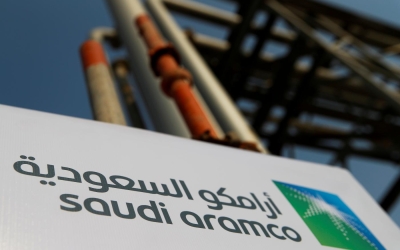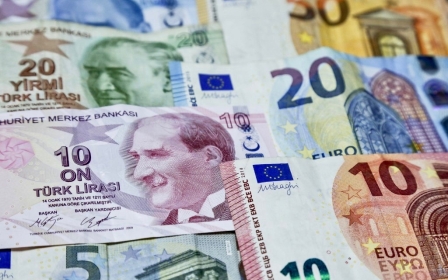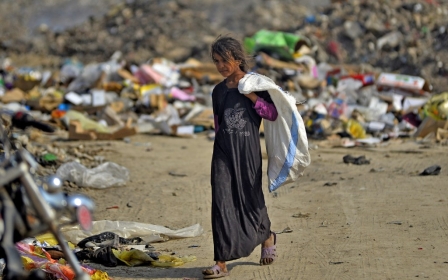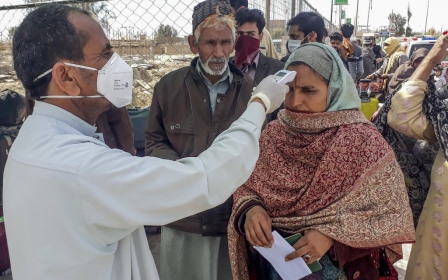Coronavirus: IMF says Middle East economy to see biggest shock in 40 years
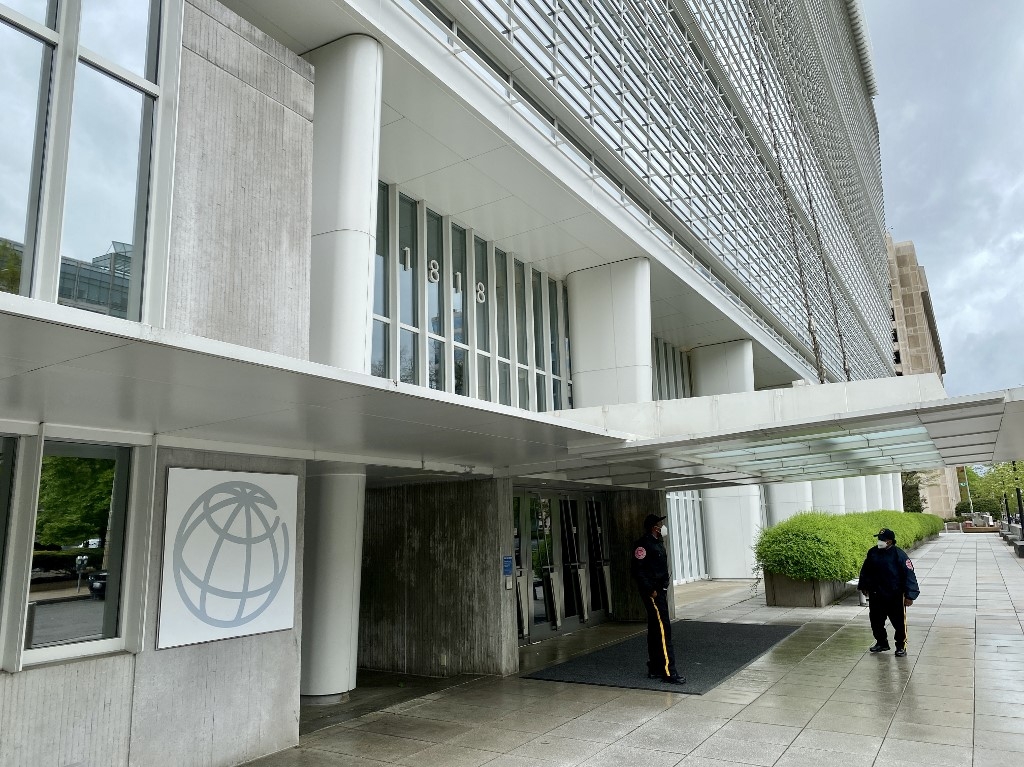
The economy of the Middle East and North Africa will see its biggest slump in four decades due to coronavirus and low oil prices, according to a new report from the International Monetary Fund.
In its World Economic Outlook, released on Wednesday, the intergovernmental financial body projected that the MENA economies will shrink by 3.3 percent during 2020.
"The Covid-19 pandemic and the plunge in oil prices are causing significant economic turmoil in the region ... the impact could be long lasting," it said in its Regional Economic Outlook for April.
"While there is considerable uncertainty around the depth and duration of the crisis, this pandemic will compound the region's unemployment problem and worsen the already high public and external debt."
New MEE newsletter: Jerusalem Dispatch
Sign up to get the latest insights and analysis on Israel-Palestine, alongside Turkey Unpacked and other MEE newsletters
The IMF also warned that the economies of countries already ravaged by years of conflict, including Syria, Yemen, Iraq and Libya, were likely to be hit particularly hard.
It added that the pandemic and low oil prices will shave $323bn, or 12 percent, from the Arab world's economy. The bulk of that loss, an estimated $259bn, will come from the energy-dependent Gulf states.
Arab governments' debt will rise by 15 percent - or $190bn - this year to reach $1.46 trillion, according to the IMF data, as the cost of borrowing jumps.
Oil prices at current levels could result in more than $23bn in lost annual revenue by Arab oil exporters and Iran, it said.
The fiscal deficit for the region is expected to rise from 2.8 percent of GDP in 2019 to 10 percent of GDP this year.
IMF advice
The IMF suggests that to avoid the worst effects, countries in the region should boost social welfare safety nets, provide temporary and targeted tax relief and subsidies, and use monetary and financial policies to keep liquidity in the system.
"Governments could consider reorienting spending priorities, for example by reducing or delaying non-essential expenditures, or seeking external financing support or aid," it added.
"A mishandling of the outbreak could elevate distrust in local governments, sowing seeds for further social unrest and adding to regional uncertainty."
Middle East Eye delivers independent and unrivalled coverage and analysis of the Middle East, North Africa and beyond. To learn more about republishing this content and the associated fees, please fill out this form. More about MEE can be found here.


